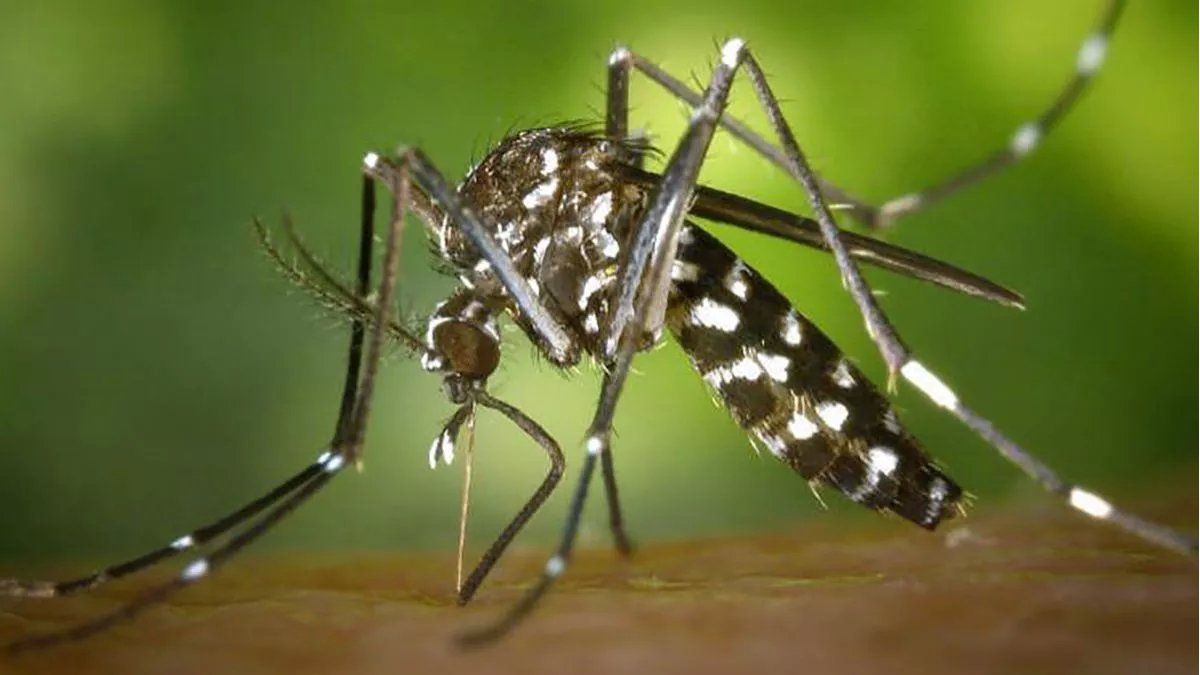There are different repellents and they are not to kill insects, but to prevent them from getting close. That is, they do not come into contact with the skin. They are applied to exposed areas of the body using lotions, creams, sprays, roll-ons, stick-gels or impregnated wipes, among others, through which the active ingredients are deposited.
Although there are several commercial brands, most are made up of citronella oil, eucalyptus oil, lemon oil, picaridin, paramethanediol and DEET, among others. Of all of them, the most widely disseminated and studied is DEET or N,N-diethyl-meta-toluamide (it should be noted that the latter is not the DDT pesticide).
DEET interferes with neurons and receptors in mosquitoes’ antennae and mouths that detect chemicals such as lactic acid and carbon dioxide. Its use has been associated with contact urticaria (skin inflammation) and other skin rashes.
In 2001, a review of the pharmacokinetics, formulations, and safety of DEET was published. The authors of that article noted that while the drug is safe, it is not without adverse effects in humans.
The American Academy of Pediatrics recommends that repellents used on children should not contain more than 30% DEET and should not be used on children under 2 years of age. In these cases, citronella oil alone is suggested, without chemical additives.
Commercial brands have different concentrations of DEET, which is why they have a more lasting effect and that makes it for “family” use or not. A product with 10% DEET protects for approximately 2 to 3 hours, while if it is 25%, the protection is 6 hours on average.
It is important to take these recommendations into account to avoid the appearance of adverse effects: check the label in search of the amount of DEET contained, use those whose concentrations do not exceed 30%, always follow the instructions, do not apply it under clothing, on cuts, wounds or irritated skin. Also, do not spray it in closed areas or directly on the face, but instead on the hands, rub them together and then wipe it over the face, but avoid the eyes and mouth. Finally, do not use repellents mixed with sunscreens in the same formulation.
Citronella oil, meanwhile, is an extract of plant species that produces an unpleasant effect on the sensitive endings and blocks the chemical perception of insects. Its main drawback is that it is limited as a repellent and its short action time. Classic recommendations indicate it for children between 2 months and 2 years, and DEET with a concentration of up to 10% between 2 and 12 years.
Eucalyptus oil, for its part, can cause bronchospasm phenomena in people with previous susceptibility. In addition, it is not recommended in children under 3 years of age and in concentrations of less than 30% in adults over that age.
Throw out bracelets with chemical repellents, garlic or vitamin B1 taken by mouth, ultrasound devices designed to ward off bugs, and those for the garden that “shock” insects (in fact, they may attract them).
Among other prevention measures, long-sleeved clothing and long pants (light in color) are recommended whenever you are outside, while inside it is ideal to use tulle over cribs, mosquito nets, and electrical chemical repellents, but no less 1.5 meters away.
Toxicologist, director of Toxicology Today (IG: @toxicologiahoy).
Source: Ambito
I am an author and journalist who has worked in the entertainment industry for over a decade. I currently work as a news editor at a major news website, and my focus is on covering the latest trends in entertainment. I also write occasional pieces for other outlets, and have authored two books about the entertainment industry.




